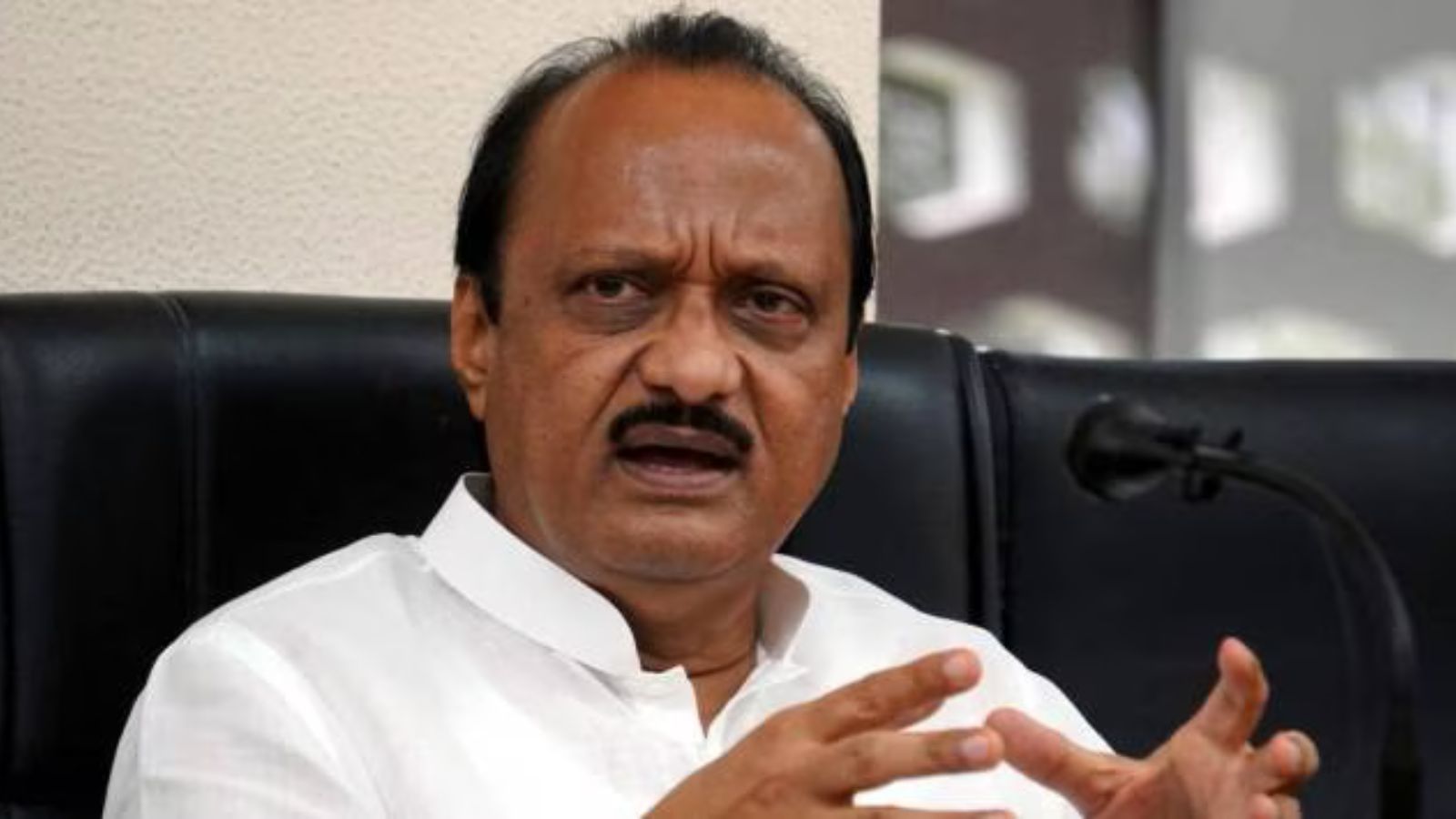 |
|
The recent Maharashtra assembly elections witnessed a dramatic family feud within the powerful Pawar clan. Ajit Pawar, deputy chief minister, secured his eighth consecutive victory from the Baramati assembly seat, defeating his nephew, Yugendra Pawar, by a significant margin of over one lakh votes. This victory comes despite a concerted effort by his uncle, Sharad Pawar, and the Nationalist Congress Party (NCP) to unseat him. The election highlighted a deep rift within the family, fueled by political ambition and strategic maneuvering.
The most striking aspect of the campaign was the overt opposition from Pratibha Pawar, Sharad Pawar's wife, who actively campaigned for Ajit Pawar's nephew. Ajit Pawar himself expressed hurt and surprise at her involvement, stating that she had never before campaigned for him during his 35 years of contesting from Baramati. This personal element added a dramatic layer to the already high-stakes political battle, making it a topic of considerable public interest and media speculation. Pratibha Pawar's campaign rallies featured her carrying a board proclaiming the good fortune associated with Sharad Pawar's presence, subtly yet effectively conveying the family's united support for Yugendra.
The initial expectation was that the contest would be close. However, the outcome showcased Ajit Pawar's enduring popularity and strong hold on his constituency. The significant margin of victory, although reduced compared to the 2019 elections, demonstrated the strength of his support base in Baramati. The reduction in the victory margin, from over 1.67 lakh votes in 2019 to approximately 1.1 lakh votes this time, indicates that Yugendra Pawar, despite being a political newcomer, managed to make inroads and secure a considerable number of votes. This performance is considered an achievement in itself, given he was up against a seasoned and powerful opponent.
While Ajit Pawar chose not to comment on his nephew's performance, his niece, Supriya Sule, a Baramati MP, offered a supportive assessment. She highlighted Yugendra's courageous effort and his attempts to connect with the voters, even in the face of overwhelming odds. She attributed the reduced margin to his groundwork and campaign strategy. This measured response from Supriya Sule, contrasted with the active campaigning against Ajit Pawar by her aunt, underscores the complex dynamics within the Pawar family.
Ajit Pawar's wife, Sunetra Pawar, also credited the victory to the development work carried out by Ajit Pawar over the years. She expressed gratitude to the people of Baramati for their continued support and expressed a desire for Ajit Pawar to become the Chief Minister, mirroring the sentiment of many of his constituents. The campaign saw a significant shift in Ajit Pawar's communication strategy compared to his past Lok Sabha campaign, when he openly criticized his cousin Supriya Sule. This time, he avoided direct attacks on Yugendra, focusing instead on his own achievements and development initiatives in Baramati.
The background to this election involves a complex interplay of family dynamics and political strategy. The initial suggestion that Yugendra Pawar would run against Ajit Pawar led to speculation that Ajit Pawar might withdraw, even suggesting his younger son as a replacement candidate. However, the NCP persuaded Ajit Pawar to remain in the race, recognizing his considerable electoral appeal. This decision reflects the NCP's strategic reliance on Ajit Pawar's popularity and experience in maintaining their stronghold in Baramati.
The decision by Sharad Pawar to field Yugendra Pawar against Ajit Pawar is seen by many as a direct response to Ajit Pawar's previous actions, specifically his challenge to Supriya Sule in the Lok Sabha elections. Ajit Pawar's campaign against Sule, in alliance with BJP and Shiv Sena, appears to have prompted this counter-move from Sharad Pawar. This back-and-forth between factions within the Pawar family reveals the intricate workings of power dynamics and political maneuvering within one of India's most influential political families.
In conclusion, the Baramati election wasn't simply a contest between two political figures; it was a highly charged family affair, played out on the public stage. Ajit Pawar's victory underscores his continued dominance in Baramati, highlighting both his political prowess and the complexities of familial relationships in the context of Indian politics. The significant margin, despite the family's opposition, solidified Ajit Pawar's position and raised intriguing questions about the future political alliances and trajectories of the Pawar clan. The contest leaves a lasting impression, showcasing the intense rivalry and underlying tensions within a family that has long held a prominent position in Maharashtra's political landscape. The election also reveals the strategic considerations of the NCP party, who clearly recognized Ajit Pawar as a key asset for their continued success.
Source: Ajit secures 8th win from Baramati, says he was ‘hurt’ by Sharad Pawar’s wife
